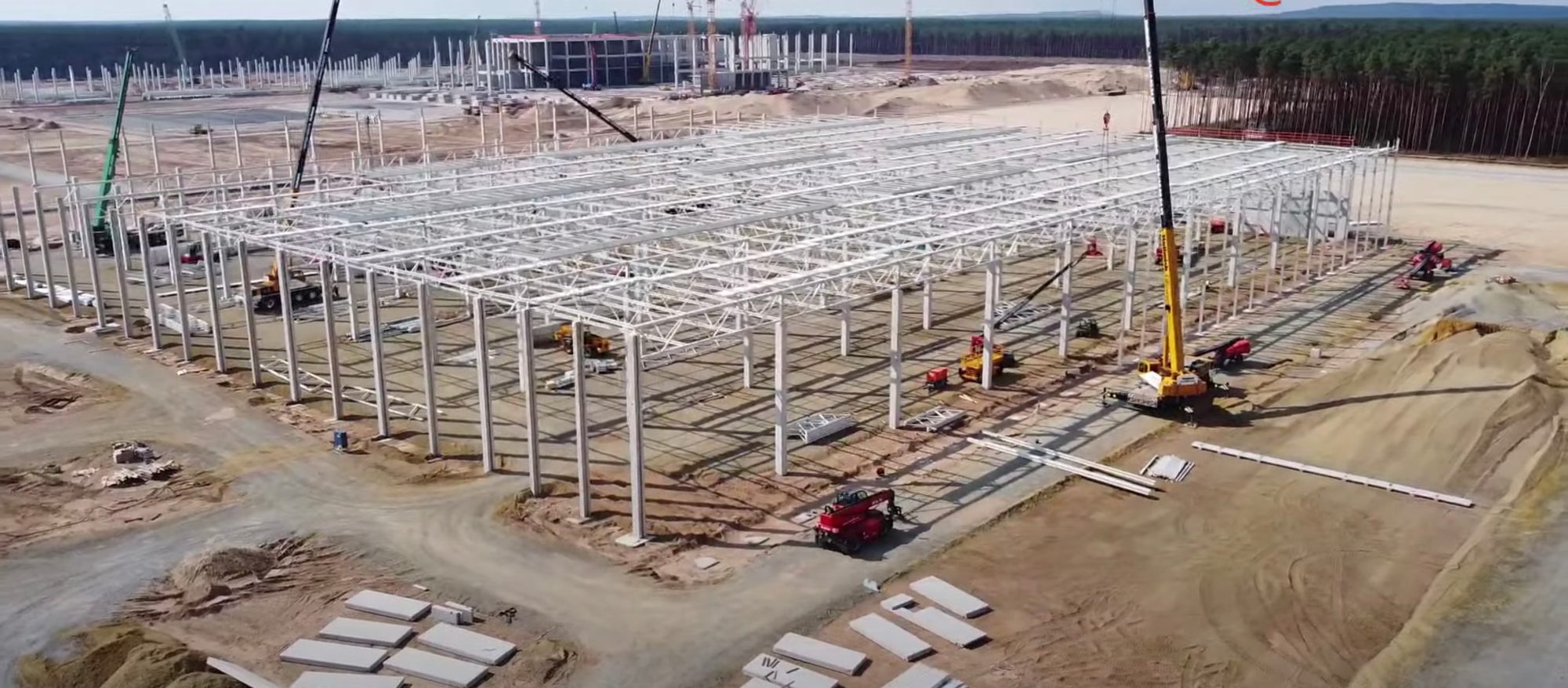Read The Full Article On: WSJ
China may be the world’s factory, but it has never been a big exporter of automobiles. It hopes to change that with electric vehicles.
And things are moving along nicely: Tesla said this week it will start exporting its China-made Model 3 to some European countries. BMW ’s electric sport-utility vehicle iX3 on sale globally will be made by its joint-venture with Chinese partner Brilliance China Automotive .
China is the world’s largest car market—auto sales in 2019 were 28 million units—but it exported only around a million cars last year and mostly to developing countries. Most Chinese brands aren’t well-known in developed markets, and foreign auto makers mostly use their Chinese plants to make cars for the local market, instead of for exports. It is a good sign for China that foreign car makers are beginning to use the country as an export hub for their EVs.
The easing of restrictions for foreign car makers in China has helped. Foreign auto makers have long been required to set up joint ventures with Chinese partners and share profits with them in order to manufacture in the country. Such rules were scrapped for EVs in 2018 and will be removed for other cars in 2022. Tesla took advantage of the change to become the first foreign car maker to have a wholly owned factory in China and started to deliver cars made in its Shanghai plant this year. BMW, likewise, plans to raise its ownership of its JV with Brilliance to 75% in 2022, from the current 50%. Getting more control and profits probably means the company is also more willing to use China to manufacture vehicles for other regions. China slashed EV subsidies last year, but it has introduced a credit trading system to encourage car makers to make more EVs.
China’s head start in the EV market, with the help of generous subsidies and government procurement, has built a cluster of suppliers. China has been the world’s largest EV market for years, even though Europe may briefly take that perch this year with supportive policies. China has some of the largest makers of EV batteries. Tesla, for example, has used cobalt-free batteries made by Contemporary Amperex Technology to lower the costs of some of its cars made in Shanghai. Volkswagen spent $1.2 billion to buy a 26% stake in Chinese battery maker Guoxuan High-Tech this year. Major battery makers in nearby South Korea and Japan also have factories in the country.

